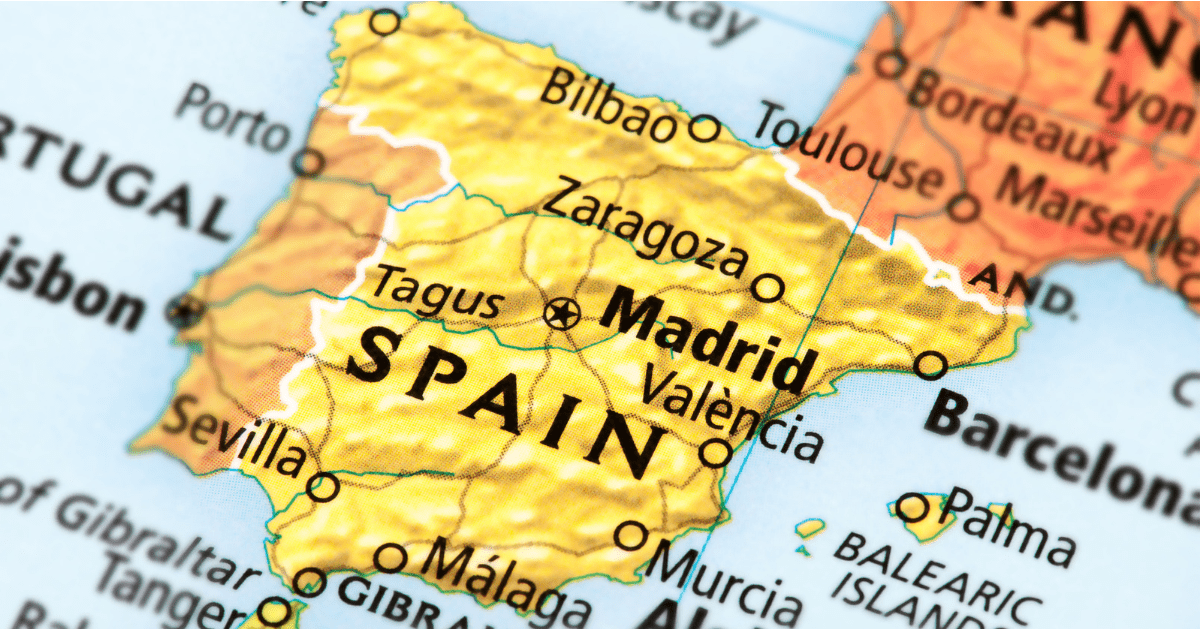Is Moving to Spain Still a Trend?

Spain, with its sun-drenched beaches, rich cultural heritage, and relaxed lifestyle, has long been a magnet for expatriates seeking a new adventure or a better quality of life. However, as global dynamics shift and economies fluctuate, the question arises: Is moving to Spain still a popular choice?
The Appeal of Spain
Spain’s allure remains strong. Its Mediterranean climate, characterized by mild winters and hot summers, continues to attract individuals and families looking to escape colder climates or seeking a more outdoor-oriented lifestyle. The country’s diverse landscapes—from the vibrant cities of Madrid and Barcelona to the picturesque countryside of Andalusia and the Balearic Islands—offer something for everyone.
Economic Factors
Economically, Spain has experienced its share of challenges, particularly following the global financial crisis of 2008. However, recent years have seen a gradual recovery, with the economy showing resilience and growth. Major cities like Madrid and Barcelona are hubs for business and innovation, attracting professionals from various sectors. The availability of affordable housing, particularly in smaller towns and rural areas, also appeals to those looking to invest in property or retire comfortably.
Statistics and Trends
According to recent statistics, Spain remains a popular destination for expatriates and retirees alike. The country consistently ranks among the top choices for international relocation within Europe. The influx of foreign residents contributes positively to local economies, particularly in regions heavily reliant on tourism and real estate investment.
In terms of demographics, while British citizens historically made up a significant portion of expatriates in Spain, the composition has diversified in recent years. Nationals from other European countries, North America, and beyond are increasingly choosing Spain as their new home.
Challenges and Considerations
Despite its many attractions, moving to Spain does come with its challenges. Language barriers can be daunting for those unfamiliar with Spanish, particularly in rural areas where English proficiency may be limited. Navigating bureaucratic processes, such as obtaining residency or healthcare registration, can also be time-consuming.
Moreover, economic uncertainties, such as fluctuations in property prices or employment opportunities, can impact the decision to relocate. Brexit, for instance, has introduced new considerations for British nationals regarding residency and healthcare access post-withdrawal from the EU.
Conclusion
In conclusion, while the allure of Spain as a destination for relocation remains strong, the decision to move requires careful consideration of personal circumstances, economic factors, and cultural adjustments. As global dynamics evolve, Spain continues to offer a blend of lifestyle benefits and economic opportunities that appeal to a diverse range of expatriates. Whether seeking a retirement haven, career advancement, or simply a change of scenery, Spain’s enduring charm ensures that moving to this vibrant country remains a compelling option for many.






